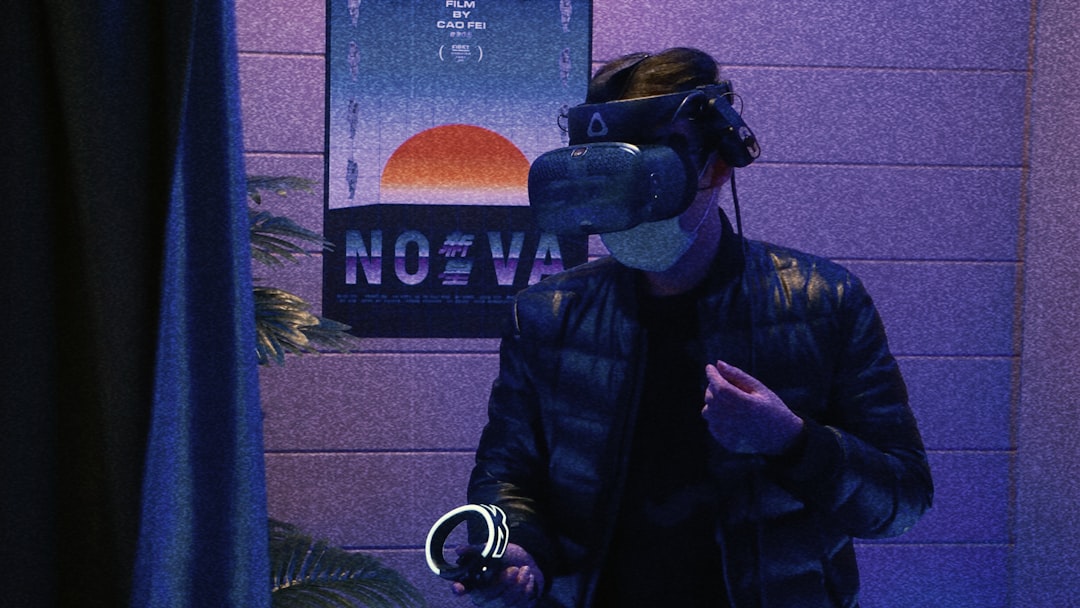Virtual Reality Is Dead—Long Live the Metaverse Monopoly
The arrival of Microsoft's Xbox VR collaboration with Meta, symbolized by their shiny new $399 headset, heralds not a golden age of virtual reality, but something more complex, more dystopian, and sharply divisive. Is this the long-awaited democratization of VR—or is it a cunning consolidation of power by the same tech giants who already dominate our digital lives?
Enter the Titans: Context & Background
For those who haven't been paying attention: Meta (formerly Facebook) has poured billions into virtual reality, betting its future on becoming the gateway to the “metaverse.” Microsoft, with its robust gaming and cloud infrastructure, has been quietly circling the VR market, experimenting but never committing. Now, the Xbox brand joins forces with Meta to produce a $399 VR headset, promising Xbox games in fully immersive, digitally mediated worlds.
Meta, with Oculus and Quest, is already synonymous with US consumer VR. Microsoft, with Xbox Game Pass and Azure, controls much of the digital gaming ecosystem. Together, they represent a hybrid of social monopoly and gaming oligarchy.
A Technological Coup—Or a Consumer Trap?
Ask industry insiders, and you'll get two wildly different stories:
| Perspective | Pros | Cons |
|---|---|---|
| Tech Optimists | Cheaper VR, mainstream reach, innovation | Data privacy risks, deepening monopolies |
| Skeptical Critics | None | Surveilled, monetized, trapped in walled gardens |
Proponents crow:
"This partnership is a seismic shift: finally, VR is cheap enough for the masses and rich enough for real entertainment!"
Critics warn:
"We are paying to be surveilled. Every movement, purchase, and handshake is data. This isn’t just a headset—it’s a social credit machine in disguise."
What’s at Stake? The Cultural and Ethical Dilemma
Far from just hardware, this $399 headset embodies a collision of philosophies about technology and the future of society:
- Individual agency vs. corporate control: Meta and Microsoft don’t just sell hardware—they sell platforms. Today’s VR worlds may be cheaper and shinier, but they’re also more tightly controlled. The freedom to tinker, mod, or even escape surveillance is vanishing.
- Digital escapism vs. digital enclosure: Escaping reality through VR can be therapeutic, educational, or simply fun. But what happens when the very escape route is privatized, monitored, and endlessly upsold?
- Innovation vs. monopolization: Lower prices and better tech—great! But at what cost? Each innovation tightens the noose, locking users into ever-deeper dependency.
The Numbers Tell a Story
Consider this direct comparison of VR approaches:
| Feature/Value | Standalone Meta/Microsoft | Open-source/Alts |
|---|---|---|
| Price | $399 (subsidized by data) | $500+ (DIY, niche) |
| Privacy | Monetized, surveilled | Variable, user-led |
| Modding Freedom | Limited, TOS restricted | High, often encouraged |
| Ecosystem | Closed, app-store model | Fragmented, open |
| User Data Ownership | Platform-controlled | User or open |
The VR ‘Wild West’ Is Gone
VR was once a geeky utopia: hackers, indie devs, wild experiments. Today, it’s big business cornered by trillion-dollar empires. Did we gain polish and accessibility, or lose the soul of a decentralized digital frontier?
“Virtual reality used to be about escaping corporate monopolies. Now, it’s about paying them for the privilege to escape.”
— Disgruntled VR Dev on Reddit
The Surprising Reality: VR Is Not That “Virtual”
The headset isn’t just a toy. It’s an ecosystem, a surveillance device, and a living social lab. Consider:
- Meta collects biometric data: Hand, eye, and even emotional responses are tracked.
- Microsoft’s cloud knows your friends and game habits: Linked Xbox profiles and social graphs feed into AI-driven personalization.
The “price” of $399 is just the cover charge for entry; the real cost is your privacy, agency, and an unfiltered reality.
Looking Ahead: Monopoly or Revolution?
This isn't just a gadget war—it's a cultural inflection point. The VR future is being shaped not by democratic input, but by closed-door deals between the world’s most powerful companies. Will consumers demand open platforms and data protections, or passively plug in and accept the invisible costs of convenience?
The only certainty: What happens in virtual worlds will not stay there.
This article was inspired by the headline:
'A week in Xbox VR with Microsoft and Meta’s new $399 headset - The Verge'.

Comments
No comments yet. Be the first to comment!